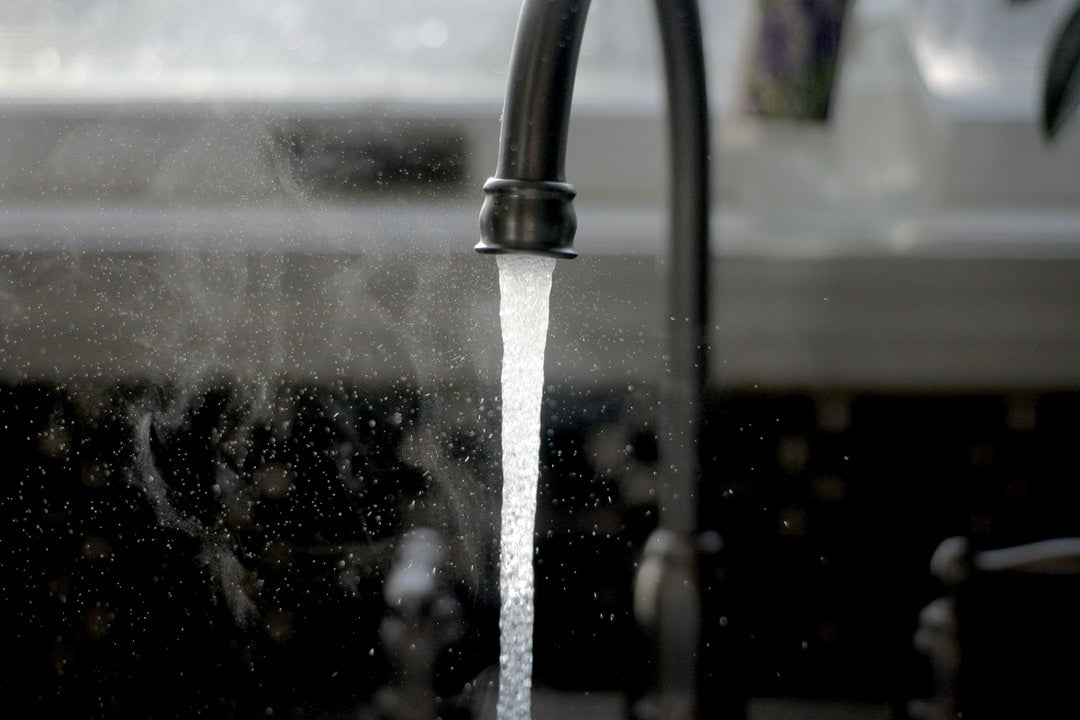When you think about a great cup of Japanese green tea, the first thing that comes to mind is probably the quality of the leaves. You might also think about the tools you use or brewing techniques that you apply. But have you looked into the water that you use?
Water is the second most important ingredient in brewing tea, yet it is something that we tend to neglect. Taking the time to learn more about water can enhance your tea-drinking experience. At the end of the day, tea is 99.5% water!
There are mainly three factors to consider about your water when brewing a great cup of Japanese green tea.
This is by no means an in-depth guide to all things water, but it should give you a good enough understanding to improve the taste of your tea.
Factor 1: Water hardness
Hardness in water is caused by calcium and magnesium, as well as other metals. For Japanese green tea, soft water is the optimal choice, as it can bring out the perfect balance of umami, bitterness, and the astringency of the tea. According to scientists, the ideal range is between 30 mg/L and 100 mg/L (link in Japanese).
If the water is too hard (180mg/L or higher), the minerals in the water will react with the caffeine and tannin in the tea, which suppresses the flavour and aroma. On the other hand, if the mineral content is too low (such as distilled water), the tea will taste flat and lifeless.
Not sure if your tap water is soft or hard? If you see white, crusty mineral build-up around the faucet or find that the water dries out your skin, there is a high chance you have hard water.
Solutions
- Use water filters (might not be sufficient enough if the water is too hard)
- Install a water softener
- Use bottled spring water
Factor 2: pH level
The ideal water for Japanese green tea has a pH level close to 7.0 (neutral). If the water is too acidic, the tea will taste sour. If the water is too alkaline, the tea will taste bitter.
Solutions
- Use water filters
- Use bottled spring water (but make sure it's soft water!)
Factor 3. Undesirable odour/taste in water
This seems like an obvious one, but it's something that we can overlook. If your tap water has a strong choline smell or metallic taste, your tea won't taste good!
Solutions
- Boil your water for 4 - 5 minutes
- Use water filters
Try brewing a cup of tea after implementing some of the suggestions above. You might be surprised at how much the flavour and aroma improves!
